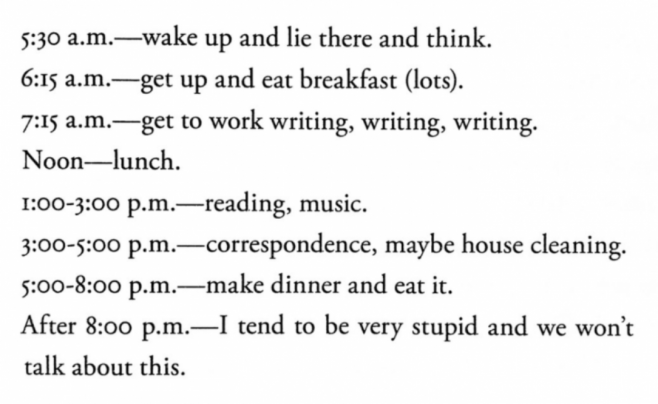“The old man the boats.” “The prime number few.” “Fat people eat accumulates.”
There’s a clever linguistic term for these sentences, which, though grammatically correct, are deliberately constructed so as to mislead the reader: garden-path. (My personal favorite? “Time flies like an arrow; fruit flies like a banana.”)
The key to a good garden-path sentence, in other words, is intentional ambiguity through shrewd wordplay. It’s a puzzle.
Bad writing, on the other hand, is just…bad writing. And it usually comes from strict adherence to imagined rules.
A lot of folks, for instance, eschew the use of that in sentences such as “I know [that] you love me.” They believe it’s understood and therefore redundant. (That these are the same barbarians who refuse to employ the serial comma is probably not a coincidence.) But in a sentence like “I know the words to that song about the queen don’t rhyme,” you end up with what amounts to an accidental garden-path sentence. What was thought to be implied—that before “the words”—turns out, in this case, to be quite necessary.
When you understand that the rules of grammar, whether real or imagined, are a means of ensuring not consistency but clarity, it’s easier to know when and how to break them.
posted by: Aaron Bragg | category: the writing life | make a comment



